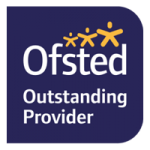Phil Gives Future Journalists The Score
By Anna Croft and Chris Forshaw (Future Journalists Elective students)
Former St John Rigby student Phil Wilkinson, who is now the Sports Editor for the Wigan Observer, gave the Future Journalists class the score on working in the newspaper industry.
After leaving SJR, Phil did a Media Studies degree at university and initially moved towards TV and radio.
“I crammed in as much experience as I could in TV and radio, because it’s the best way to get people to remember you and get your foot in the door. Jobs in the media aren’t usually advertised, people ask other colleagues before actually publically advertising, so if people remember you you’re more likely to get a look in.”
It was on this course that he realised that newspaper journalism interested him more than broadcasting and he began to work more in news writing.
“As a news writer, you really get a good grounding for journalism – you learn people skills, short hand, and especially how to develop a thick skin!”
Starting at his local paper, Phil first became a news writer for two to three years. He then covered Wigan Warriors Rugby League, which excited him as a “great Wigan fan”, before moving on to eventually become the Sports Editor for the Wigan Observer. He’s gone on to ghost-write autobiographies for sporting stars like Chris Radlinski, Terry Newton and Adrian Morley, and now works as a sub-editor at the Daily Star as well as writing for Australian rugby league outlets and doing on-camera features for Sky Sports, in addition to his work at the Observer.
“Being a sports fan, I felt that this was a good fit. I especially enjoy rugby league, so being able to get paid for attending a game I was already going to is great. You get to meet fans, interview players and give match reports, which I’m really interested in.”
Phil noted that the transition from journalist to editor isn’t that great, “It’s just your old job with extra added bits. You learn to balance the coverage between sports and create a practical page design but ultimately it’s just a little bit of added responsibility.”
When the Future Journalists asked for advice on cracking into journalism, Phil advised a hands-on approach.
“Write as many stories as you can about whatever you can, any way you can. Particularly about the topic you’re interested in, whether that be sport, music or anything else. Having your own material is really important.
“Take a job anywhere you can. Any experience is good experience, so even if you hate it, it’s on your references and someone you work with could potentially give you a boost later on.”











